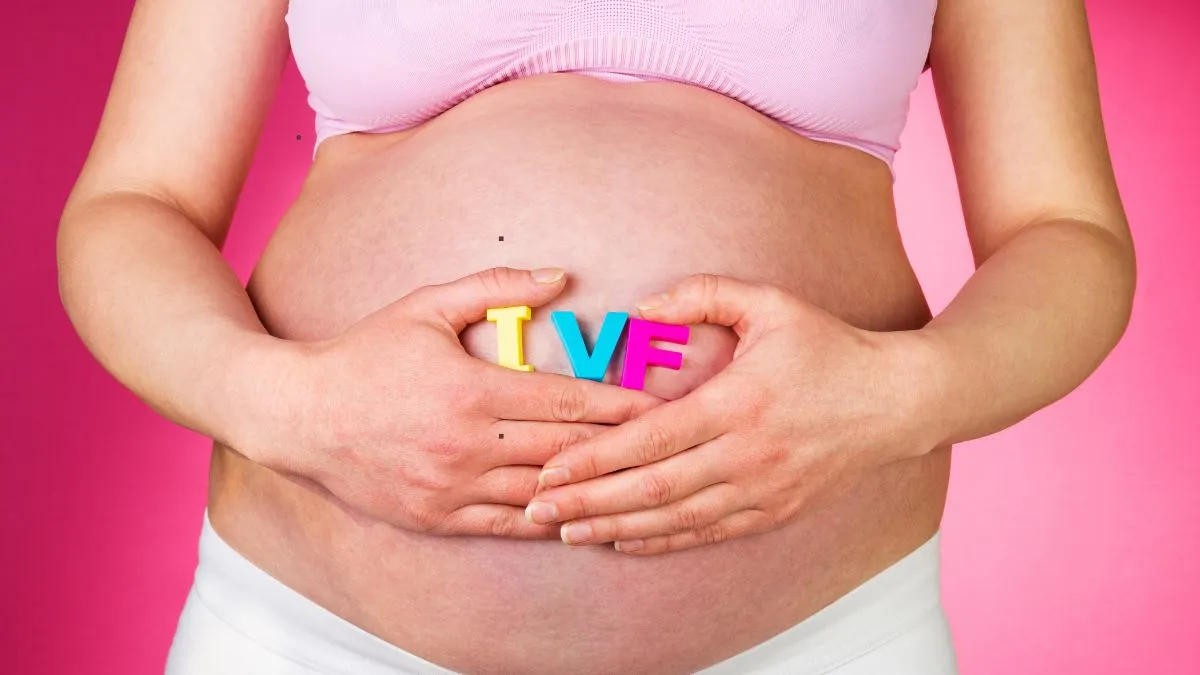- By Bornika Das
- Wed, 10 Sep 2025 07:56 PM (IST)
- Source:JND
Millennials vs Gen Z: Parenthood in the 21st century is undergoing a massive shift, and much of it is being shaped by millennials and Gen Z. While older generations often embraced early marriages and parenthood as the natural progression of life, today’s young adults are rewriting the rules. Millennials, who are now in their late 20s to 40s, have been at the forefront of embracing fertility treatments like IVF due to delayed marriages, career prioritisation, and lifestyle choices. On the other hand, Gen Z, just entering their prime childbearing years, is approaching parenthood with a very different mindset, one that is more experimental, tech-savvy, and unafraid to challenge taboos around reproductive health.
With IVF and assisted reproductive technologies becoming more mainstream, doctors are witnessing fascinating generational differences in how these two groups approach the journey to parenthood. Millennials often view IVF as a solution-driven choice, taken after years of trying naturally or when biological timelines start pressing. Gen Z, however, sees fertility planning as part of overall life planning, open to freezing eggs, exploring genetic screening, and even seeking out wellness-driven fertility approaches much earlier. In conversation with The Daily Jagran, Dr. Kanika Sharma, Fertility Specialist, Birla Fertility & IVF, West Delhi, shares how Gen Z and millennials are redefining parenthood and IVF.
Millennials vs Gen Z: Parenthood And IVF
For Millennials, the idea of parenthood hasn’t been something they rushed into. Many of them spent their twenties building careers, navigating uncertain economies, and watching the cost of living climb steadily. That meant kids came later, and for some, it also meant needing a little help to get there. IVF started becoming a more familiar option for those who understood that their reproductive systems needed a nudge. Dr. Kanika Sharma states, “Beyond the timing of having kids, millennials also gave more thought to how they wanted to parent. Fathers are more involved. Roles are more fluid. Technology is everywhere, but they’re also learning how to use it without letting it take over.”
ALSO READ: Fertility Care In Rural India: Doctor Shares Insights On Stigma And Silent Battle That Couples Face
For Gen Z, it is still early in their parenting years, but they are already showing signs of doing things differently. This generation has grown up with a much more open conversation around mental health and identity, and that shows in the way they’re thinking about raising children. For them, it’s not just about when or how, but why. Dr. Kanika Sharma mentions, “Parenthood feels like a choice they want to make with full awareness. Some may start younger, others may wait much longer.” There’s no one defined path. What stands out, though, is the importance they place on autonomy; both theirs and their children’s. You see it in how they talk about education, digital habits, and even gender. They’re also more likely to challenge old norms and more comfortable reimagining what a family can look like. IVF fits here, too and in fact, not as a fallback, but as part of a broader idea that you get to build the life you want, in the way that feels right for you.

Millennials vs Gen Z Parenthood And IVF (Image Credits: Canva)
The differences between the two generations aren’t just about age, but also context. Millennials were among the first to normalise asking for support around fertility and mental health. They leaned on the internet for answers, found communities online, and quietly began to shift what modern parenting could look like. Dr. Kanika Sharma states, “Gen Z is coming at it with even more clarity. Less afraid to challenge tradition, more insistent on doing what feels aligned. Where Millennials might rely on research and routine, Gen Z leans into instinct and flexibility.” With IVF as well, one can see that distinction. Millennials often see IVF as a practical step for when it is needed. Gen Z may see it as empowering – a way to take control, not because they have to, but because they can.
ALSO READ: Planning Motherhood In Your Late 30s? Doctor Shares Tips That Every Woman Should Know
At the heart of it, both generations consider parenthood with care, awareness, and intention. They may go about it differently, but the shift is clear. Parenthood isn’t a default anymore. It’s something to be considered, shaped, and chosen. And whether that journey begins naturally or with fertility treatment, what matters is that it feels like their own.

